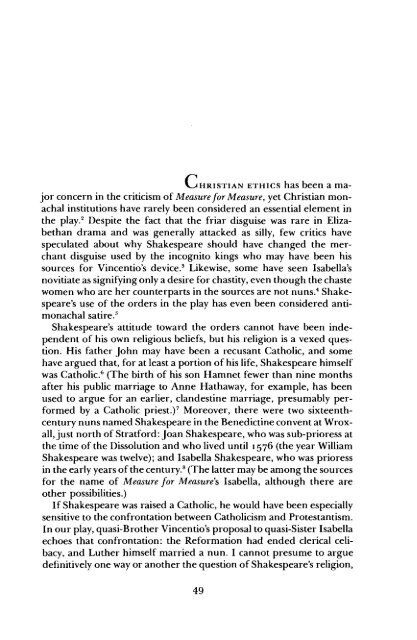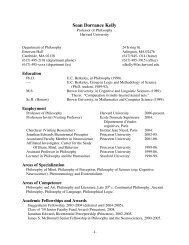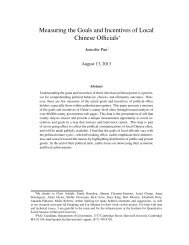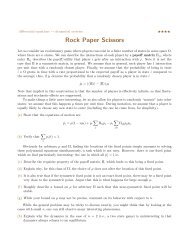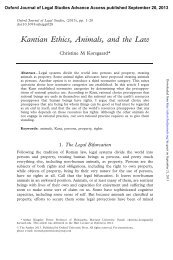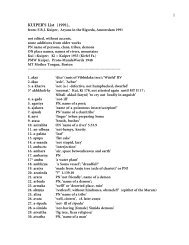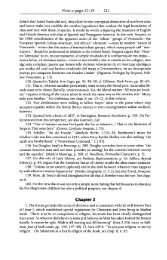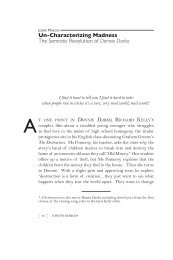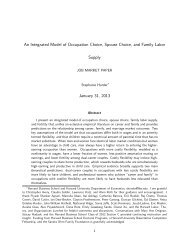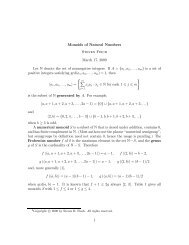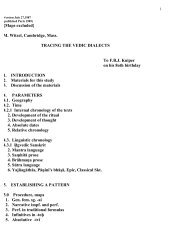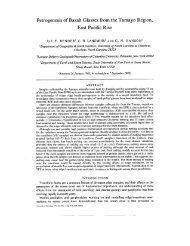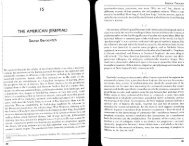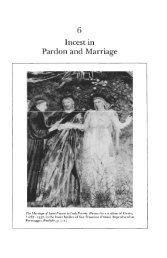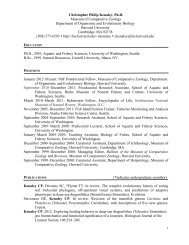Children of Adoption - People Fas Harvard
Children of Adoption - People Fas Harvard
Children of Adoption - People Fas Harvard
You also want an ePaper? Increase the reach of your titles
YUMPU automatically turns print PDFs into web optimized ePapers that Google loves.
CHRISTIAN ETHICS has been a major<br />
concern in the criticism <strong>of</strong> Measure for Measure, yet Christian monachal<br />
institutions have rarely been considered an essential element in<br />
the play.2 Despite the fact that the friar disguise was rare in Elizabethan<br />
drama and was generally attacked as silly, few critics have<br />
speculated about why Shakespeare should have changed the merchant<br />
disguise used by the incognito kings who may have been his<br />
sources for Vincentio's device.' Likewise, some have seen Isabella's<br />
novitiate as signifying only a desire for chastity, even though the chaste<br />
women who are her counterparts in the sources are not nuns: Shakespeare's<br />
use <strong>of</strong> the orders in the play has even been considered antimonachal<br />
ati ire.^<br />
Shakespeare's attitude toward the orders cannot have been independent<br />
<strong>of</strong> his own religious beliefs, but his religion is a vexed question.<br />
His father John may have been a recusant Catholic, and some<br />
have argued that, for at least a portion <strong>of</strong> his life, Shakespeare himself<br />
was Cath~lic.~ (The birth <strong>of</strong> his son Hamnet fewer than nine months<br />
after his public marriage to Anne Hathaway, for example, has been<br />
used to argue for an earlier, clandestine marriage, presumably performed<br />
by a Catholic priest.)' Moreover, there were two sixteenthcentury<br />
nuns named Shakespeare in the Benedictine convent at Wroxall,<br />
just north <strong>of</strong> Stratford: Joan Shakespeare, who was sub-prioress at<br />
the time <strong>of</strong> the Dissolution and who lived until 1576 (the year William<br />
Shakespeare was twelve); and Isabella Shakespeare, who was prioress<br />
in the early years <strong>of</strong> the cent~ry.~ (The latter may be among the sources<br />
for the name <strong>of</strong> Measure for Measure's Isabella, although there are<br />
other possibilities.)<br />
If Shakespeare was raised a Catholic, he would have been especially<br />
sensitive to the confrontation between Catholicism and Protestantism.<br />
In our play, quasi-Brother Vincentio's proposal to quasi-Sister Isabella<br />
echoes that confrontation: the Reformation had ended clerical celibacy,<br />
and Luther himself married a nun. I cannot presume to argue<br />
definitively one way or another the question <strong>of</strong> Shakespeare's religion,


